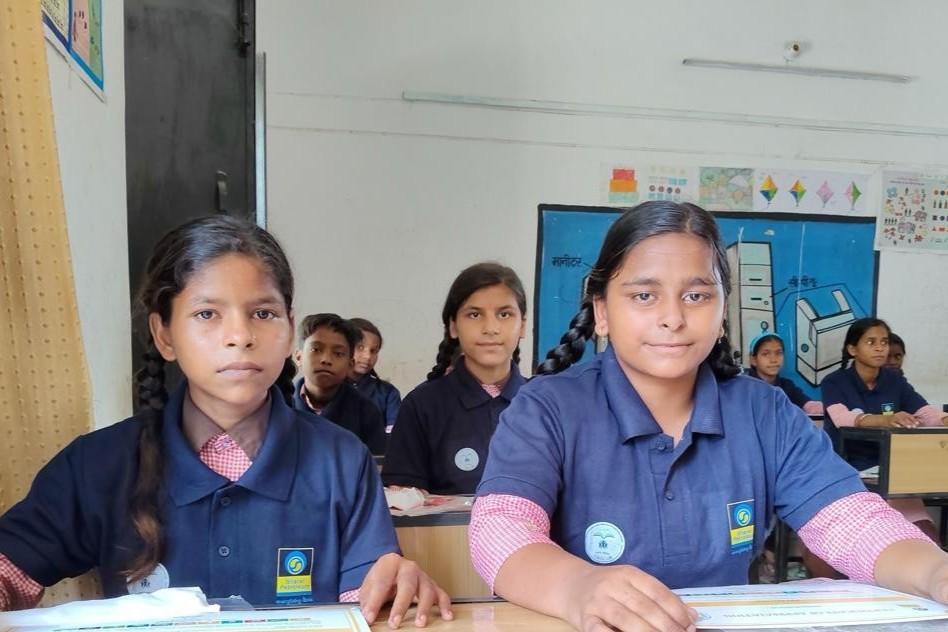
CSR Initiative in Shravasti Schools Aims to Transform Classrooms
In a remarkable effort to bridge the gap between sustainability, education, and community engagement, a PSU under the Ministry of Petroleum and Natural Gas has launched ‘Project Greening Classrooms’ in 70 government schools of Shravasti, Uttar Pradesh. This pioneering CSR initiative not only aims to revamp the existing infrastructure of the schools but also emphasizes the importance of plastic waste management and environmental education. The project has made a significant impact by installing 1,400 benches made of recycled plastic, setting a new standard for eco-friendly and sustainable practices in the education sector.
The CSR project, implemented by the PSU, is a testament to its commitment to giving back to the community and making a positive impact on the environment. By integrating plastic waste management and environmental education into the project, the initiative has created a unique model that not only benefits the students but also the community at large.
A New Era for Education
The installation of recycled plastic benches has transformed the classrooms of Shravasti schools, providing a safe and comfortable learning environment for students. The benches, made from recycled plastic waste, not only reduce the amount of plastic waste in landfills but also serve as a teaching tool, demonstrating the importance of recycling and reusing plastic materials. This innovative approach has not only improved the physical infrastructure of the schools but also promoted a culture of sustainability among students and teachers.
The ‘Project Greening Classrooms’ initiative has also emphasized the importance of environmental education, incorporating eco-friendly practices into the school curriculum. This has helped students develop a deeper understanding of the impact of human activities on the environment and the need for sustainable living. By incorporating environmental education into the curriculum, the initiative has empowered students to become responsible citizens, equipped with the knowledge and skills to address environmental challenges.
Community Engagement and Empowerment
The CSR project has not only impacted the students but also the community at large. The initiative has created a sense of ownership among the community members, who are now actively involved in maintaining the cleanliness of the schools and promoting sustainable practices. The project has also provided a platform for community engagement, promoting dialogue and collaboration between the schools, local authorities, and the community.
The empowerment of the community is a key aspect of the project, as it has enabled them to take ownership of the initiative and make a positive impact on their environment. By engaging with the community, the project has promoted a sense of responsibility and accountability, encouraging community members to take action to reduce plastic waste and promote sustainable living.
A Model for Future Initiatives
The ‘Project Greening Classrooms’ initiative has set a new standard for CSR initiatives in the education sector. The innovative approach to plastic waste management and environmental education has demonstrated the potential for CSR projects to create a lasting impact on the community.
The project’s success has also highlighted the importance of community engagement and empowerment, emphasizing the need for CSR initiatives to be inclusive and participatory. By engaging with the community and promoting a sense of ownership, CSR initiatives can create a lasting impact that extends beyond the project itself.
Conclusion
In conclusion, the ‘Project Greening Classrooms’ initiative in Shravasti schools has set a new standard for CSR initiatives in the education sector. The project’s innovative approach to plastic waste management and environmental education has created a unique model that not only benefits the students but also the community at large. As the project continues to make a positive impact on the community, it serves as a testament to the power of CSR initiatives to transform classrooms and empower communities.
Source:






